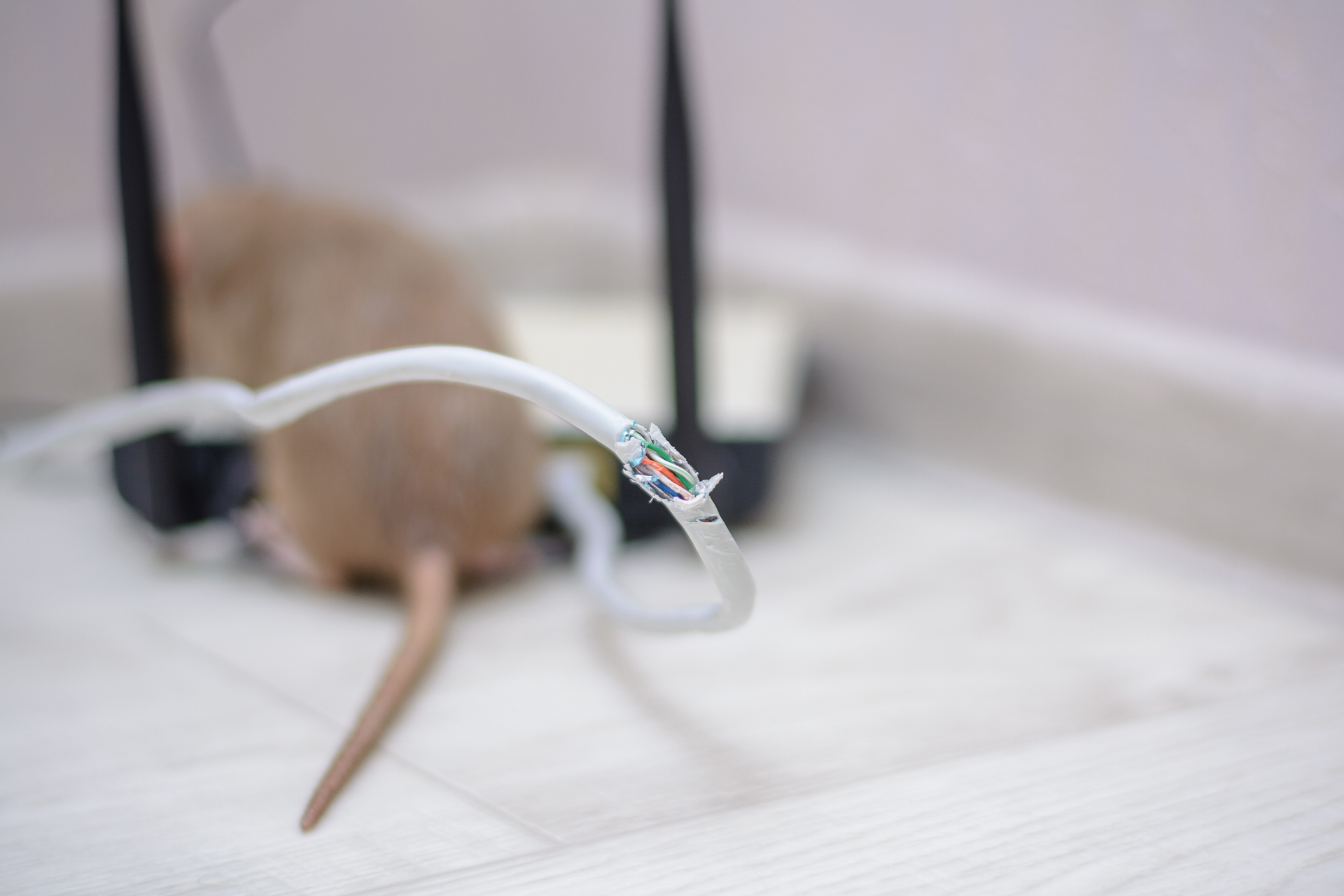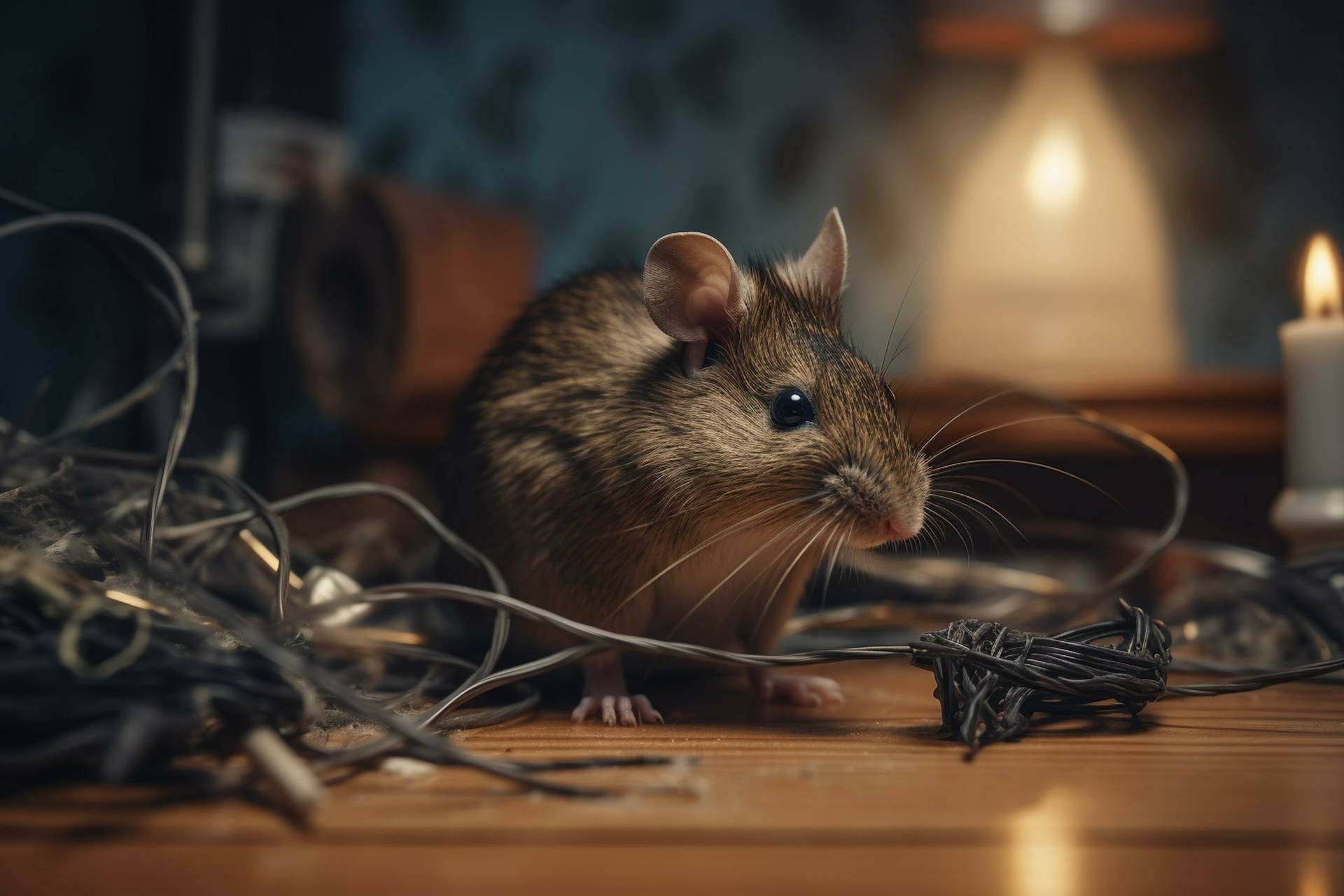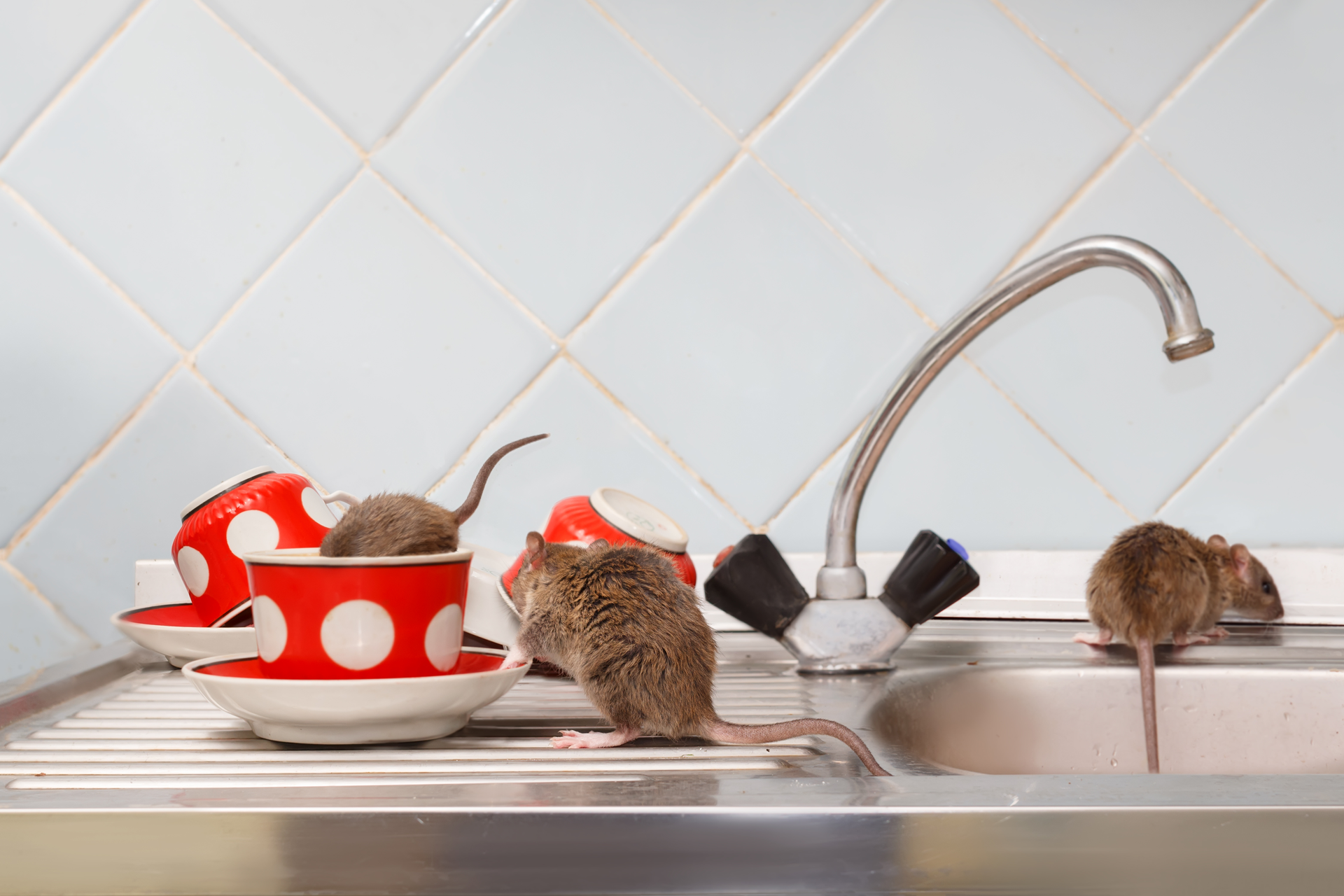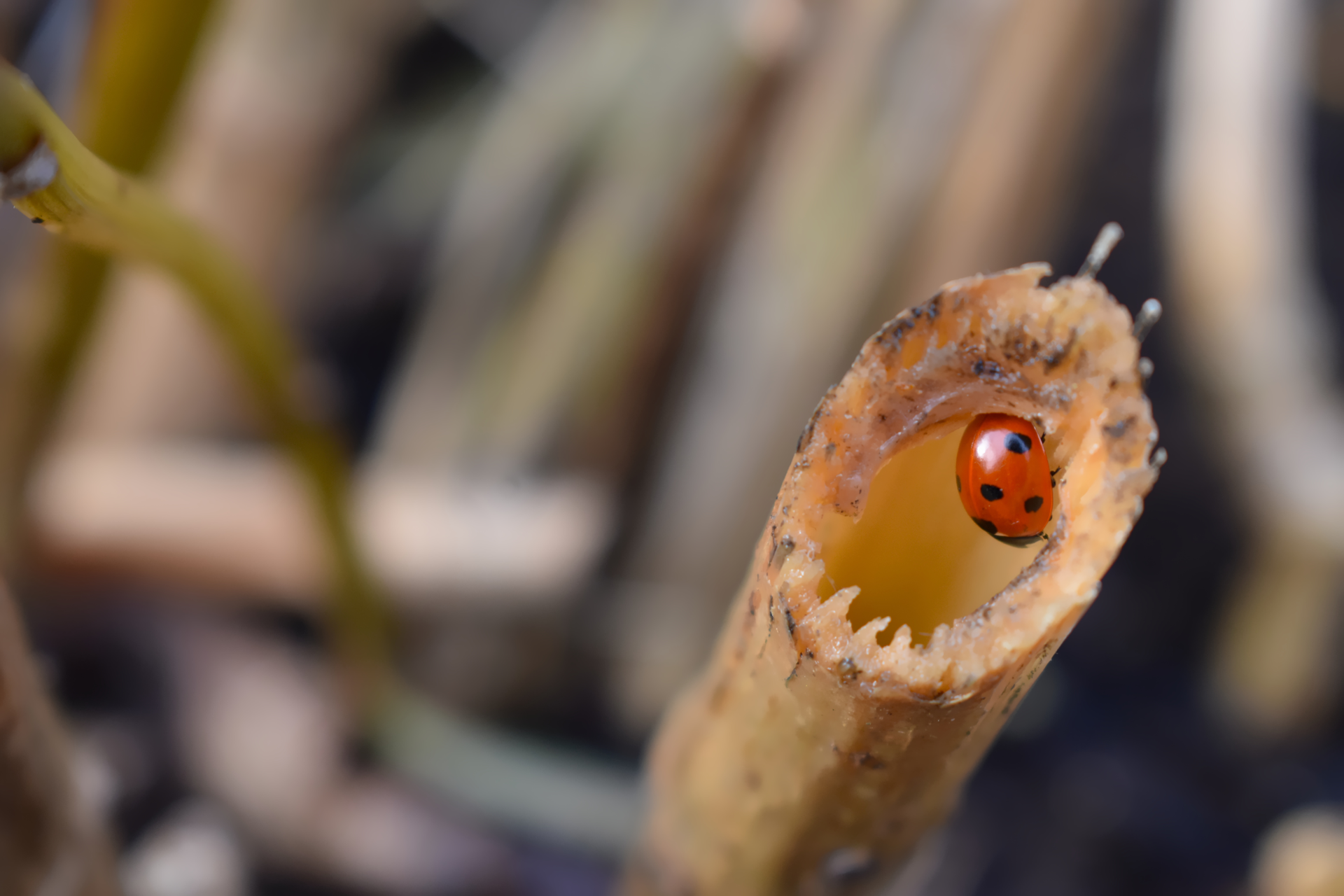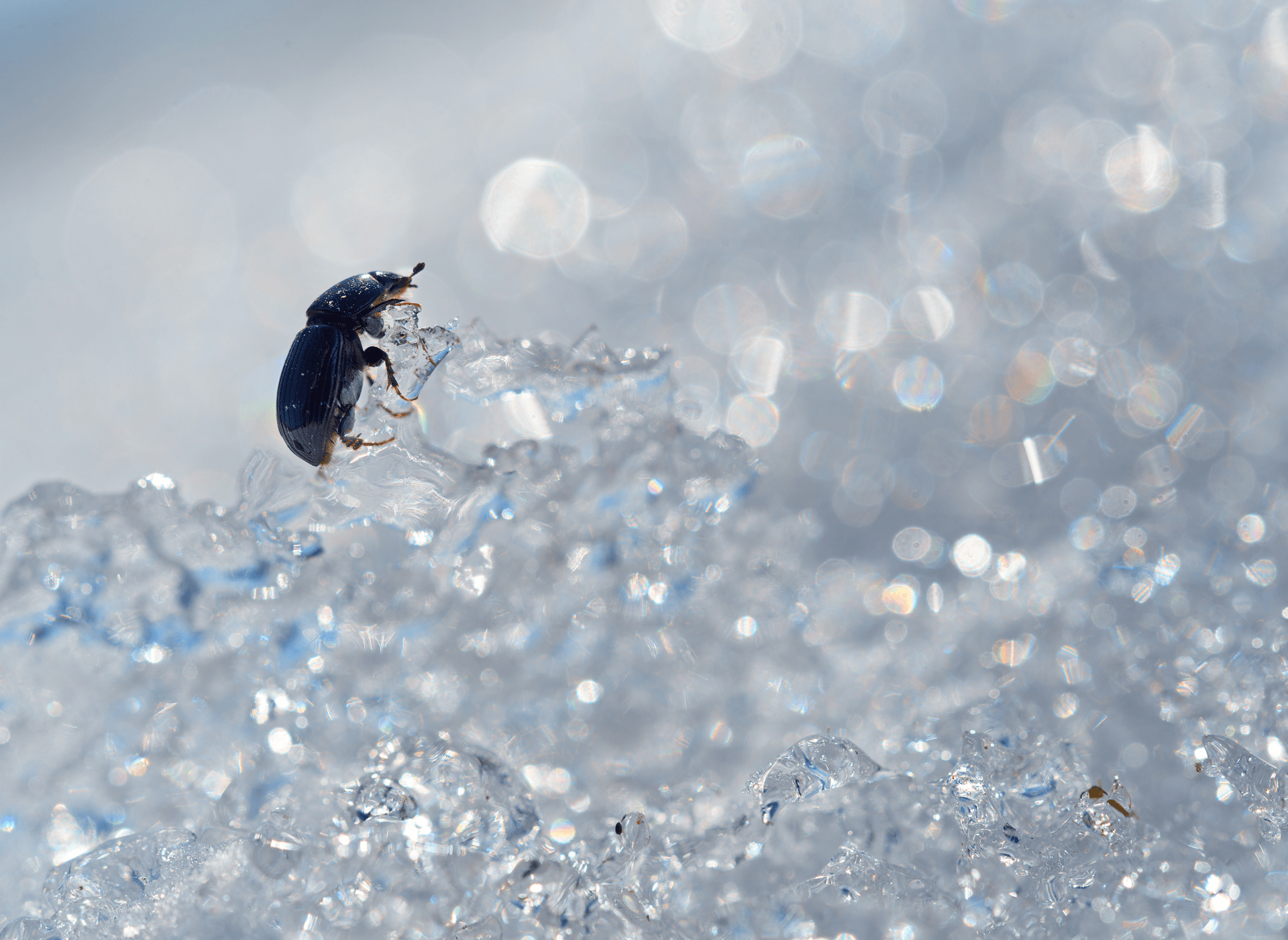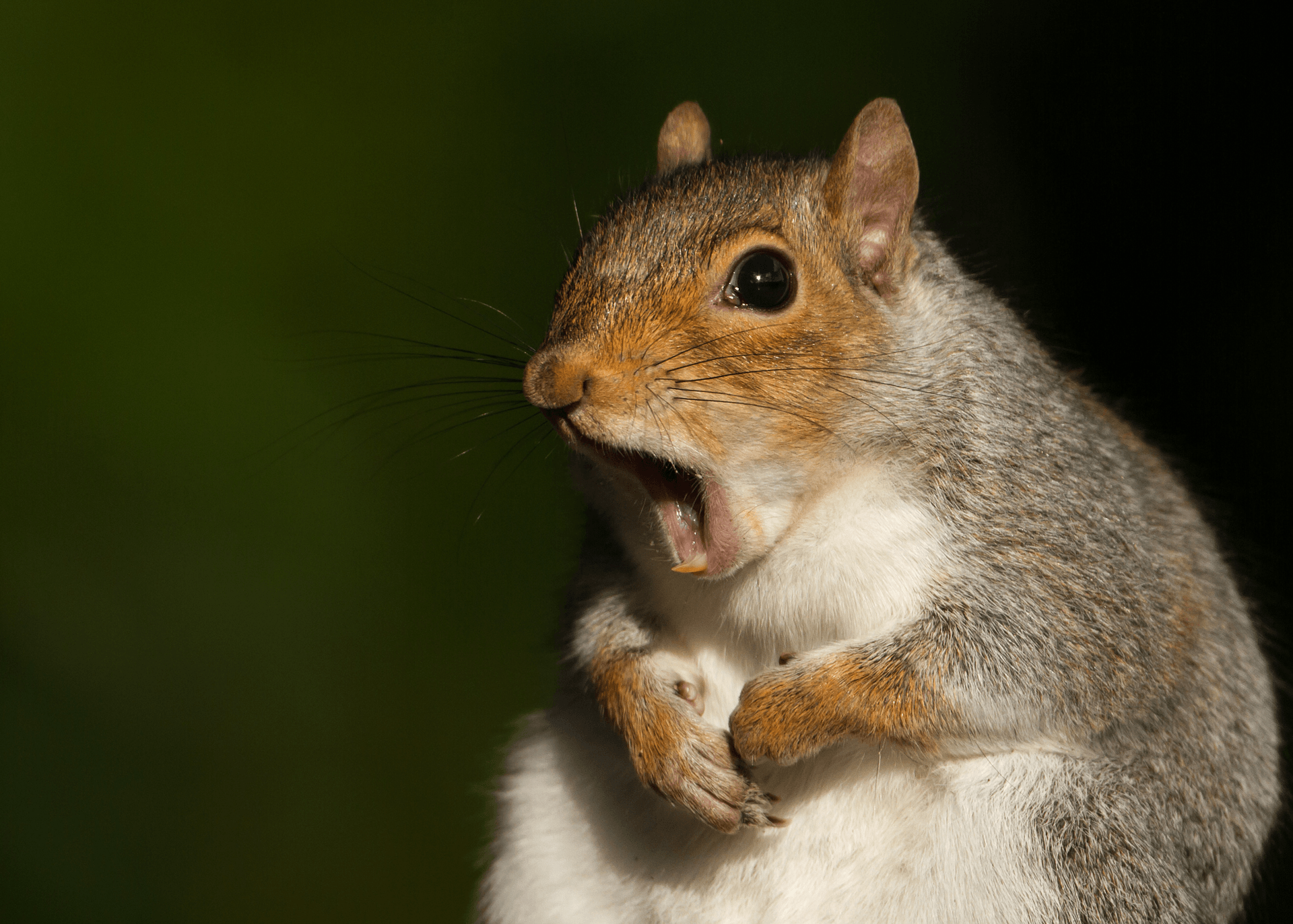Don't Feed The Wildlife
Why You Should Never Feed Wildlife
Tossing bread to ducks at the local pond and leaving out leftovers for neighborhood strays are long-standing traditions often regarded as harmless and fun activities. Many people even believe that they provide a service to animals in need or help the environment by reducing waste. Unfortunately, these misguided notions typically do more harm than good. Feeding wildlife can lead to overpopulation as well as drastic changes in behavior crucial to survival. And just because they scarf down scraps like they can’t get enough does not mean it is nutritionally beneficial for them.
As natural habitats are cut down and urbanized, contact between wild animals and humans becomes more commonplace. As a result, it is increasingly important to recognize and bring awareness to the impact of our interactions with them. For example, the repercussions of feeding wildlife extend far beyond the lives of a couple of local critters, and there is a plethora of reasons why it can cause actual harm to humans and animals alike.
What Happens If You Feed The Wildlife?
While it may feel like you are doing a good deed, the truth is that providing additional food can jeopardize nature’s delicate balancing act. Survivability is determined by what resources are available, and population control relies on the concept of limited availability. When provided with extra food, animals reproduce more often. As a result, species populations rise and require even more resources than the environment can provide.
One such example is Bergen County’s problematic deer population, which has potentially doubled or tripled in size due to wildlife feeding practices. With normal eating habits, deer give birth to a single fawn at 1.5 years of age. However, with higher nutrition levels, 6-month-old deer can give birth while deer of standard reproductive age have twins, and older does often have triplets. Moreover, there are more deer crossing and traversing roads, leading to frequent vehicle collisions. Annually, deer encounters cause thousands of accidents in New Jersey, and around 170 drivers and passengers are killed nationwide.
On top of issues with overpopulation, feeding wildlife is harmful to individual animals. Unlike us, they cannot control their cravings or adhere to a strict nutritional diet. When it comes to survival, they tend to follow the path of least resistance and continue to actively seek out human snacks even if it is not suitable for them, simply because it is easier. Moreover, many species have special dietary requirements that insufficient ingredients in human food can compromise. Any way you look at it, feeding wildlife is simply not good for their health.
Even something as innocent as a bird feeder can be harmful to animal populations. Despite their intended purpose, they tend to attract more than just birds and serve as a congregation space for many kinds of animals, including deer, squirrels, raccoons, and rodents. When wildlife mingles in a small area, it essentially becomes a breeding ground for parasites searching for hosts, and contagious diseases spread primarily through exposure to urine, saliva, and feces.
Lastly, breaking the boundaries between the human and animal worlds can have long-lasting consequences. Regularly feeding animals goes against their natural instincts and makes them less fearful of humans. As a result, they are more likely to approach people for food. Keep in mind that just because you enjoy interacting with wild animals does not mean the next person will. Moreover, some species can become aggressive and hostile in their quest for edibles and may threaten homeowners and pets.
Is Feeding Wildlife Illegal?
Not only is feeding wildlife dangerous for all the reasons discussed above, but it is also illegal in many parts of the country. Though a statewide ban failed to pass despite Senate approval, many individual New Jersey neighborhoods and counties uphold their own restrictions, including Hunterdon County, Cranford, and Harrison Park. In 2013, an elderly couple in Bergen County faced a $500 fine in court after putting up a wreath feeder to attract birds. Neighbors reported that they were attracting nuisance wildlife, including ducks, deer, geese, squirrels, chipmunks, and groundhogs. Having a private feeding party in your backyard might make for a pleasant viewing experience, but it is simply not worth the potential legal repercussions.
Wildlife Pest Control In New Jersey
Even if you do not go out of your way to attract wild animals with food or shelter, you may still find yourself with unwanted guests. In that case, it is best to hire a professional pest control company with wildlife experience to rectify the problem for you. Elite Pest Control has over ten years of experience helping residential and commercial property owners with pest problems, including wild animal removal.
Contact us today for an estimate or to learn more about our
wildlife services.
All Rights Reserved | Elite Pest Control



